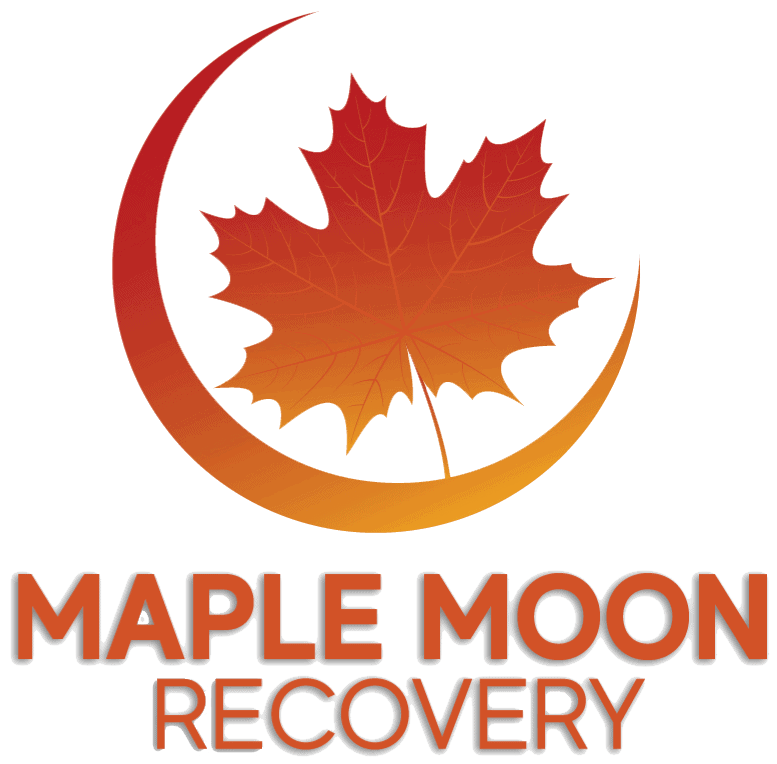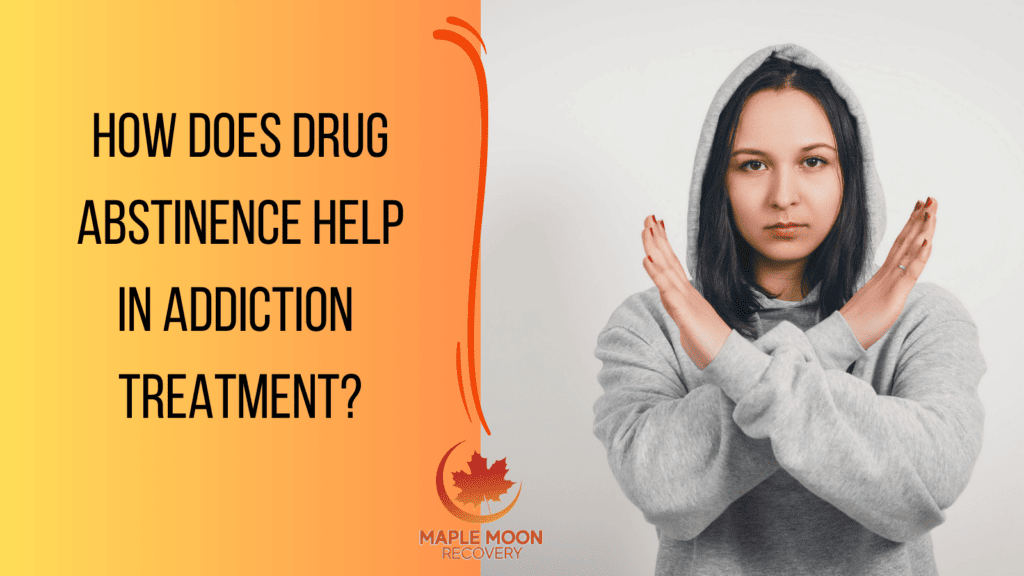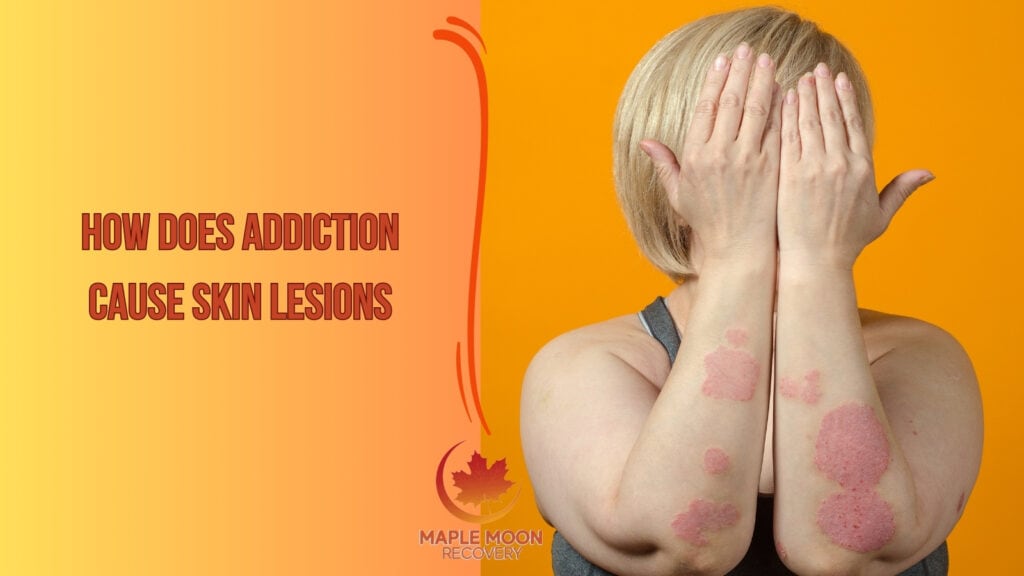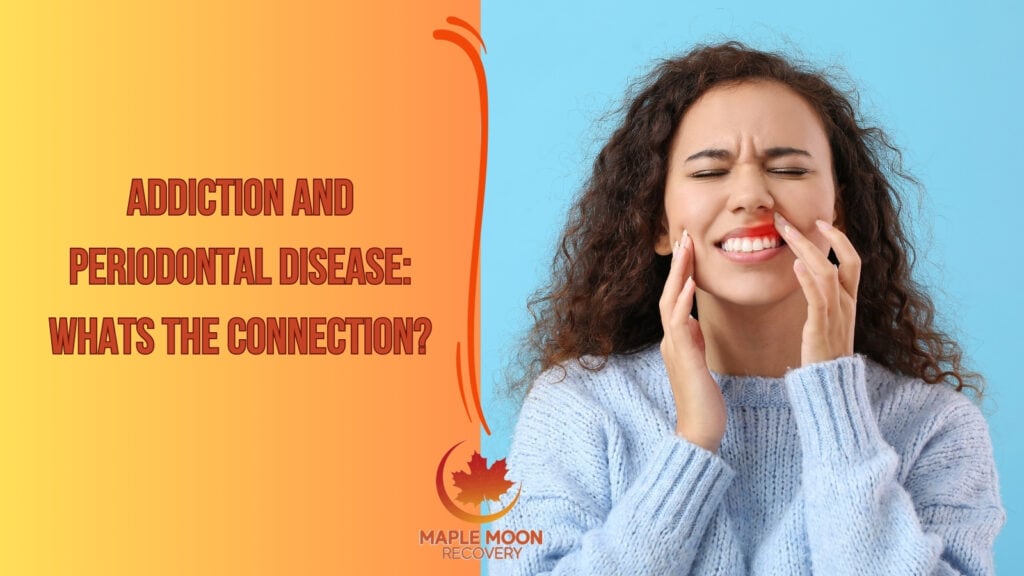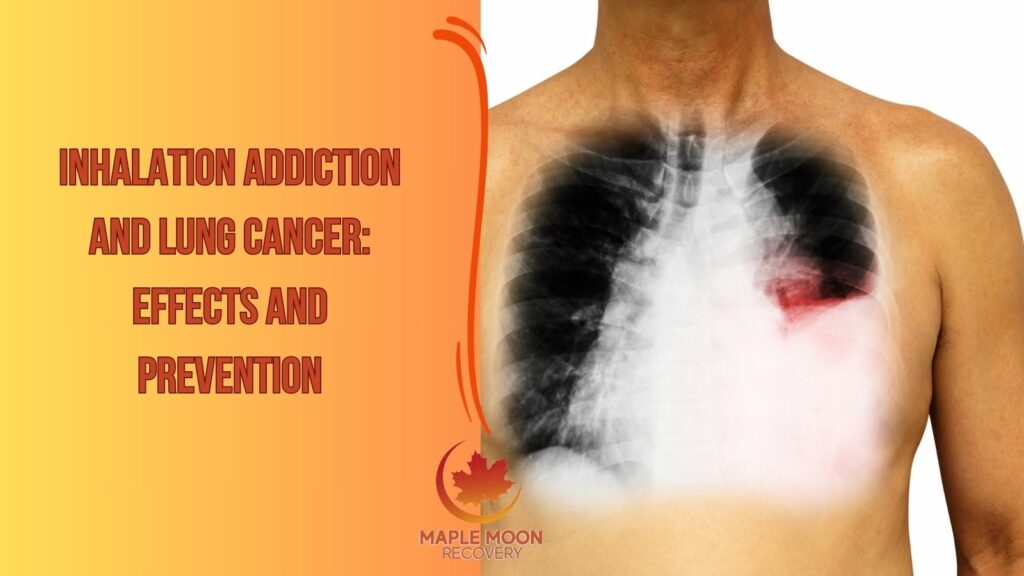Drug abstinence plays a pivotal role in the journey of addiction treatment, offering a foundational step towards recovery and rehabilitation. By abstaining from drug use, individuals struggling with addiction are able to break the cycle of dependency, clearing the path for both physical and psychological healing. This initial step is crucial, as it allows the body to detoxify and begin repairing the damage caused by prolonged substance abuse.
Abstinence is more than just the cessation of drug use; it represents a commitment to a new lifestyle and mindset. It’s a proactive choice towards health, wellness, and a life free from the constraints of addiction. This process is often accompanied by various forms of therapy and support systems, which are essential in addressing the underlying causes of addiction and developing new coping mechanisms.
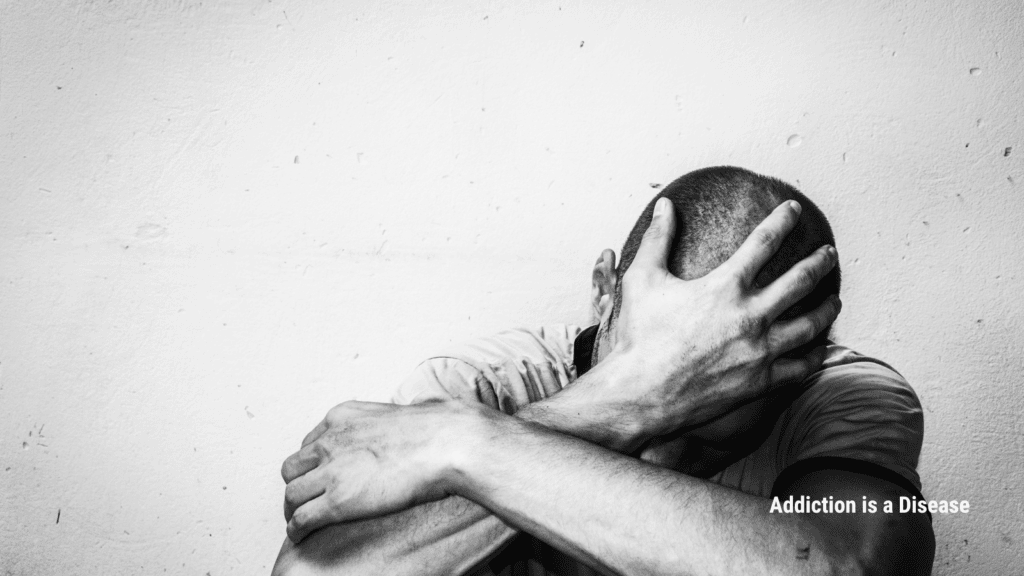
The Inability to Have “Just a Little”: Understanding Addiction
A hallmark of addictive behaviors is the inability to exercise control and consume “just a little” of the substance or engage in the behavior. This inability is deeply rooted in the brain’s reward system, where addiction alters the release of dopamine, creating an insatiable craving for more. As a result, individuals with addictive behaviors struggle to moderate their consumption, often leading to negative consequences.
This cycle underscores the significance of drug abstinence in addiction treatment. For those entangled in addiction, moderation is rarely an effective option. Recognizing this fundamental aspect of addictive behaviors is crucial in supporting individuals on their path to recovery, emphasizing the importance of complete drug abstinence as the most effective approach to breaking free from addiction’s grip.
The Role of Drug Abstinence in Addiction Recovery
Drug Abstinence
- Drug abstinence, within addiction treatment, means complete avoidance of the addictive substance. It is a fundamental step in breaking the cycle of addiction.
Benefits of Drug Abstinence
- The benefits of drug abstinence include improved physical health, restored cognitive function, and the opportunity for personal growth. It provides individuals a chance to regain control of their lives.
Misconceptions of Drug Abstinence
- Common misconceptions about drug abstinence often revolve around the idea that it’s too difficult or unrealistic. In reality, with proper support and strategies, many individuals can achieve and maintain drug abstinence, leading to successful long-term recovery.
Evidence-Based Approaches to Achieving Drug Abstinence
A. Various treatment methods and therapies promote drug abstinence, including:
- Cognitive-Behavioral Therapy (CBT): Helps individuals identify and change unhealthy thought patterns and behaviors.
- Medication-Assisted Treatment (MAT): Uses FDA-approved medications to reduce cravings and withdrawal symptoms.
- Support Groups: Such as Narcotics Anonymous (NA) and Alcoholics Anonymous (AA), provide peer support and accountability.
B. Personalized treatment plans are crucial, as they consider individual needs and circumstances, ensuring a tailored approach to recovery.
C. Success stories highlight the effectiveness of drug abstinence. Real-life examples showcase how individuals have overcome addiction, rebuilt their lives, and maintained drug abstinence as a cornerstone of their recovery journey.

Challenges and Obstacles in Maintaining Drug Abstinence
A. Common triggers during recovery include stress, exposure to the drug or environment associated with drug use, and negative emotions. Recognizing these triggers is essential for developing coping strategies.
B. Relapse is a risk, but it can be managed through continuous support, monitoring, and early intervention. Understanding relapse as part of the recovery process is crucial for sustained drug abstinence.
C. Strategies for maintaining drug abstinence include building a robust support network, developing healthy habits, seeking professional guidance, and practicing mindfulness techniques. These tools empower individuals to overcome challenges and stay committed to their recovery goals.
The Long-Term Benefits of Drug Abstinence
Improved Physical and Mental Health:
- Healing the body and reducing the risk of chronic health issues.
- Restoring mental clarity and emotional stability.
Strengthened Relationships:
- Rebuilding trust with loved ones.
- Fostering healthier communication.
- Enhancing overall quality of interpersonal connections.
A Brighter Future:
- Pursuing personal goals and career aspirations.
- Embracing a life free from addiction’s constraints.
- Unlocking the potential for growth, self-discovery, and lasting happiness

In the battle against addiction, drug abstinence stands as a cornerstone of recovery. We’ve delved into addiction’s definition, its devastating effects, and the transformative potential of drug abstinence. At the heart of this journey lies Maple Moon Recovery Center, a beacon of hope in serene surroundings, offering a path to a brighter, drug-free future.
If addiction touches your life or the life of someone you care about, consider the transformative power of recovery at Maple Moon Recovery. With dedicated staff and inspiring success stories, Maple Moon Recovery is ready to guide you towards a healthier, drug-free life. Reach out today, for within its serene embrace, you’ll find not just recovery, but the promise of a brighter future through drug abstinence. Your journey to lasting change begins now.
Frequently Asked Questions
Can You Really Have "Just a Little" with Addictive Behaviors?
Addiction often involves the inability to moderate substance use. Individuals with addiction typically find it challenging to have “just a little” and may benefit from complete drug abstinence during recovery.
Is it possible to achieve drug abstinence in addiction recovery?
Yes, achieving drug abstinence is a fundamental goal of addiction recovery. Various evidence-based treatment methods and therapies promote drug abstinence, offering individuals the opportunity to break free from addiction’s grip.
Can I drink alcohol and not do drugs?
It is possible to drink alcohol without using drugs, but it’s essential to be aware of the potential risks associated with alcohol use, as it can lead to its own set of issues, including addiction. Seeking professional guidance is recommended if you have concerns about substance use.
